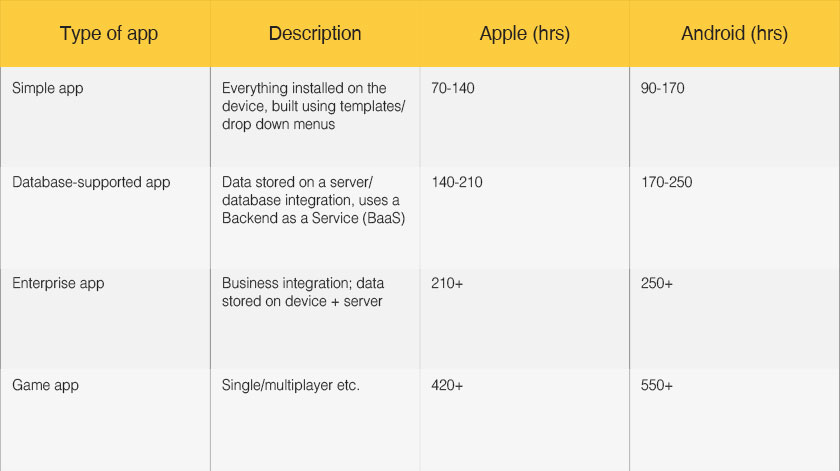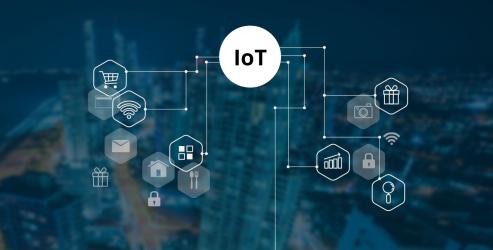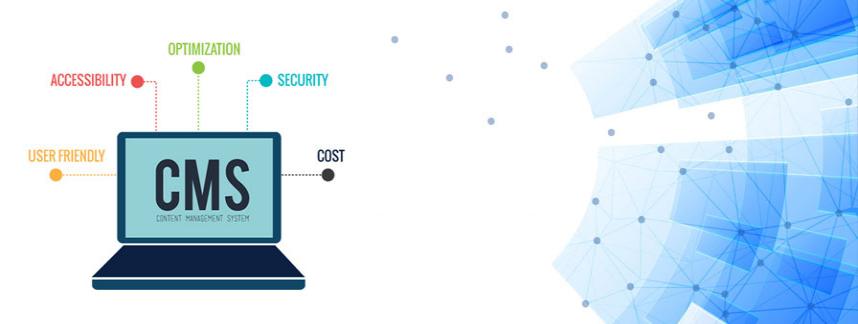
With every Tom, Dick, and Harry claiming to champion the Internet of Things art, it has become really difficult for businesses looking for the IoT application development services to make the right choice. Here are a few considerations to help you steer clear of the crowd.
1. Gimmicks Come with Cosmetics, Talent Never
Most of the mobile app development companies out there have learned the art of winning the race without being a participant, and the credit goes to the media, particularly, the digital media. There is no dearth of self-claimed IoT application development companies in the world. They jump into the digital marketing wagon every time when a new technology surfaces. Their only vision is to gain the attention of users, drive traffic and try to find some ground for them and, eventually, create a brand of nothing.
How does the marketing gimmicks benefit them? Generating leads, and then selling them out to other companies after making a huge cut of the IoT app development budget.
At times, the repeated reselling of the leads from one table to another, leaves the actual company with little or no profit at all. Not just in terms of margin, the company that puts their heart and soul in the making of the Internet of Things application are not authorized to disclose to the world about their talent. So in the battle gimmick overpowers the talent.
So, you have to be shrewd, and be able to read between the lines when it comes to hire an IoT developer or a company.
2. Relevance Counts, Tall Stats Might Lie
Remember, a good salesperson is identified for his or her skills of selling a comb to a bald person. Many of the vendors in the market are just like that salesperson. But you should have an eye to read them and weigh their offerings against your requirements.
In the quest of the technology partner, you might, or better say, you will, or you have to come across many such salespersons. Without being an expert into what you need, they might flex their muscles with flimsy stats to make you believe that none in the market can match them.
So, you shouldn?t be misleaded with their irrelevant narratives. A company might have done 100 projects, it might have worked with great brands, but what if it doesn?t have the experience and proven expertise in what you actually need.
You will like reading this: 5 Reasons We Love Internet Of Things For Retail (And You Should, Too!)
3. Nothing Wins Except User Experience
In the hyperconnected world, user experience is recognized as one of the key differentiating factors and it dominates all.
A bad user experience is a big deterrent to an app?s success. Experience Dynamics, a usability firm, after consolidating and interpreting stats on usability from Adobe, Quick Sprout, and Google, came to the opinion that 52% of mobile users are not likely to do business with an app that delivers a poor or substandard user experience. This is also one of the major reasons of app getting uninstalled by users.
Crafting user experience is an art, where the UI-UX designers implement their expertise and know-how to design a user-journey path. Next, that path has to be constructed well using either a native or cross platform app development framework.
Hence, make sure the IoT application development company you zero in on, has got the talents and skills that can create the path with perfection, thereby, enabling users to do more with less effort.
4. The Sooner and Harder You Fail, The Better You Evolve
A failure at the finishing line hurts more. It?s better if the app rejection happens at the hand of the software testing staff than being declined by the app store. The latter might put marketing initiatives and everything that follows, including brand reputation at a risk.
Hence, the company you hire for your IoT app project must have a robust testing mechanism based on the principles of Agile methodology. Agile paves the path for evolutionary or incremental development based on rapid, automated testing. The quality control measures are crafted ntelligently with different user cases related to the real world scenario.
You will like this: 10 Benefits That Brick-n-Mortar Retailers Can Bag with IoT
5. How Much Should it Cost to Hire an IoT Application Development Company
This is a question that resonates in everyone?s mind. As a thumb of rule, the more features or complexity you rope in the app, the more you have to pay for it.
So what makes an app complicated? Creating an app with a ready-made template, drop down menus, and with all data residing on the device itself is simpler than the one where a database has to be integrated from a backend server. Consequently, the development time increases in the latter case. In enterprise app development, the complexity increases further.

Image Courtesy: Upwork
The cost of development also varies by platform as we saw above. Wondering? It?s basically on account of the diversity of Android devices and the operating system versions. Apple products are manufactured by itself, while Android is built by different OEMs like HTC, Samsung, Lenovo and so on. They vary by form factors and specifications. So quality control teams have to put in a lot of efforts to create a separate testing model for each device.
In addition, geography also plays a key role in the IoT app development cost. It happens on account of the disparity in terms of cost of living across different geographies. The average annual salary of an IoT developer in New York City is around $89,034, in Miami, Florida, it?s close to $58,723, but if falls drastically in New Delhi to $15317 as per Glassdoor.
The Bottomline
From reviewing the market reputation of the company to scanning the talent and skills of their IoT developers, to minding their marketing narratives, to validating their strengths and weaknesses, to assessing the cost of development, all has to be kept in mind before you ink the deal with your technology partner. However, you must read the lines in between of the agreement as the job doesn't end with the development of the product, rather it?s a beginning. To get the app fully functional at the user's end, you must integrate and deploy it with your IT ecosystem, and most importantly watch for the user?s feedback and reviews as he or she is the real judge of how good you are.











